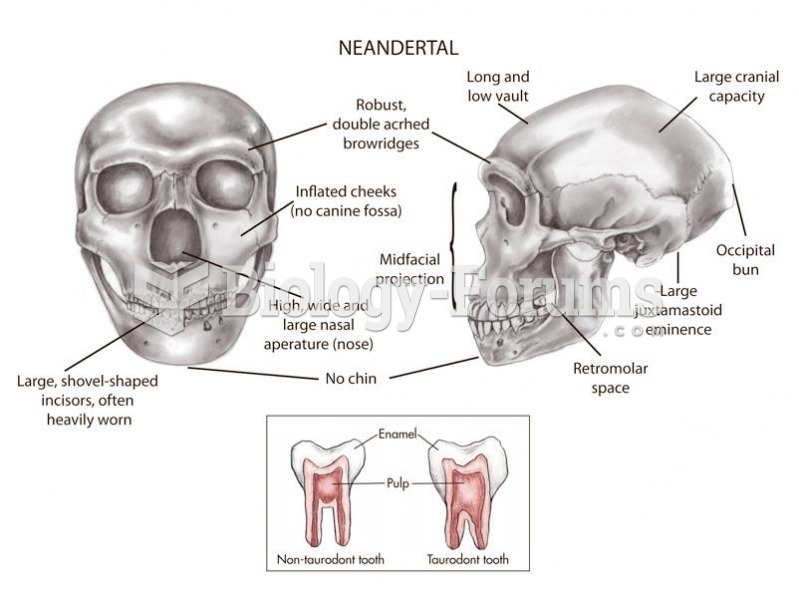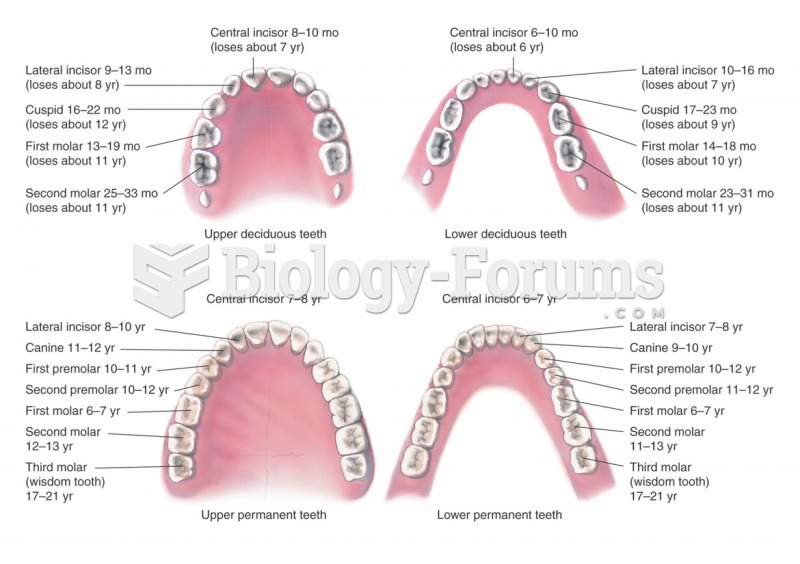|
|
|
Approximately 25% of all reported medication errors result from some kind of name confusion.
As many as 20% of Americans have been infected by the fungus known as Histoplasmosis. While most people are asymptomatic or only have slight symptoms, infection can progress to a rapid and potentially fatal superinfection.
Automated pill dispensing systems have alarms to alert patients when the correct dosing time has arrived. Most systems work with many varieties of medications, so patients who are taking a variety of drugs can still be in control of their dose regimen.
More than one-third of adult Americans are obese. Diseases that kill the largest number of people annually, such as heart disease, cancer, diabetes, stroke, and hypertension, can be attributed to diet.
The FDA recognizes 118 routes of administration.
 Placenta previa. The condition is caused by the development of the placenta over the cervical canal,
Placenta previa. The condition is caused by the development of the placenta over the cervical canal,
 The heavily worn, and sometimes cutmarked, anterior teeth of Neadertals suggest that these teeth wer
The heavily worn, and sometimes cutmarked, anterior teeth of Neadertals suggest that these teeth wer





